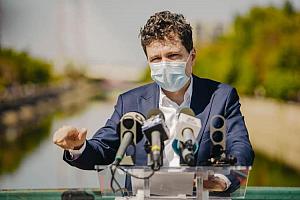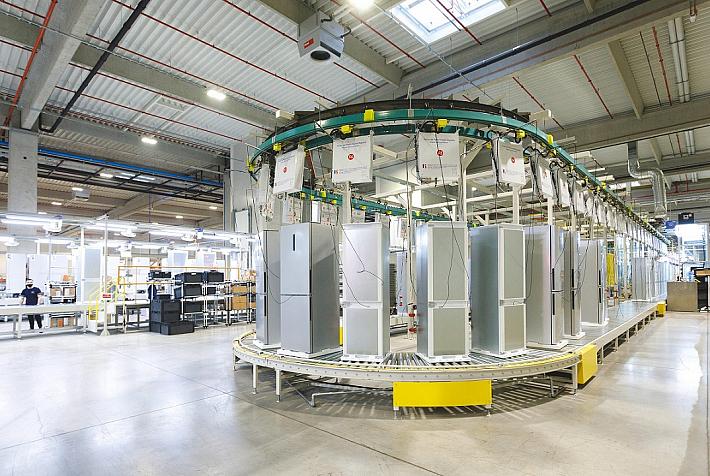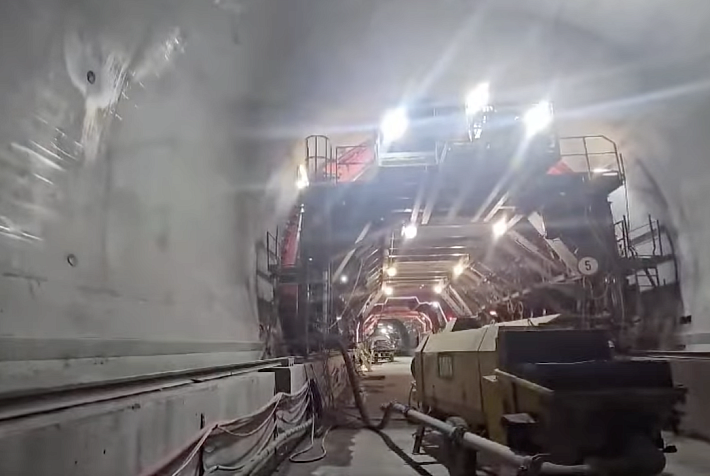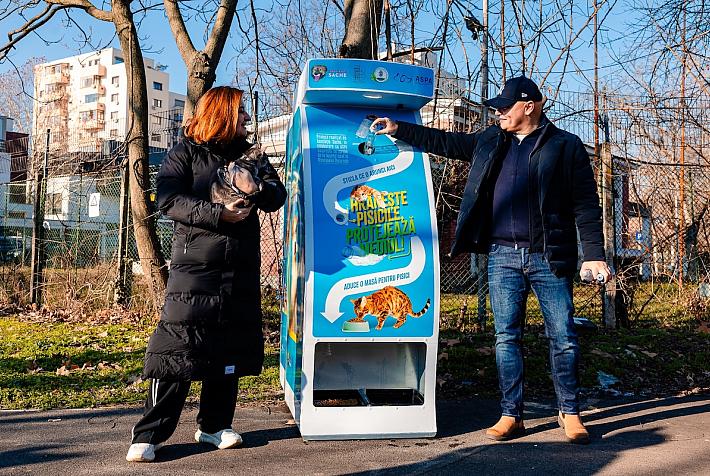Bucharest mayor Nicusor Dan bets on big projects to save face and get reelected
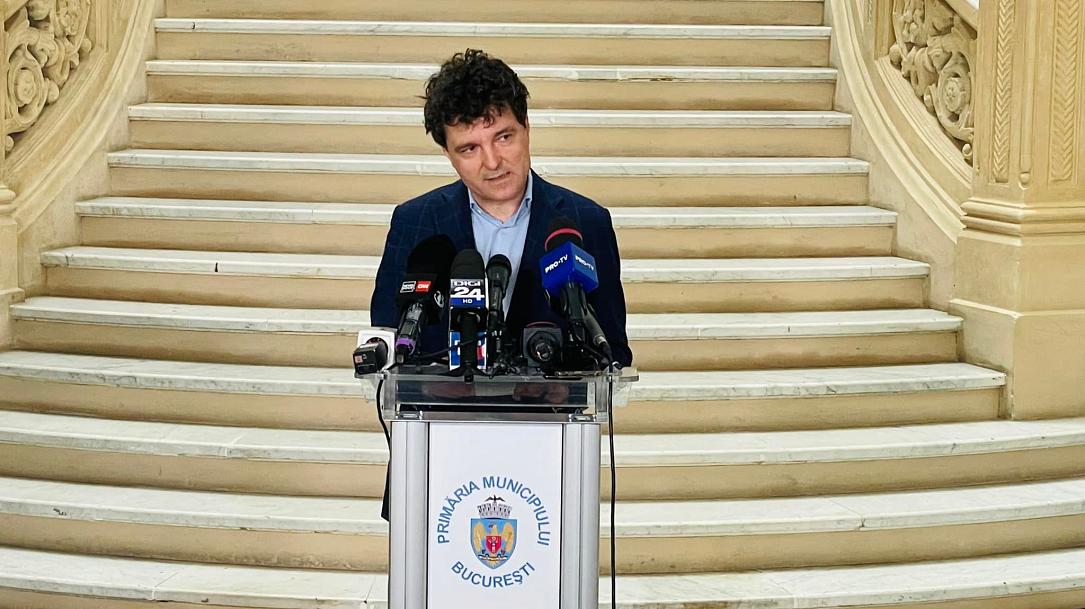
Bucharest mayor Nicuşor Dan plans to speed up several important projects to solve some of the city’s traffic and infrastructure problems as he aims to get a new term in 2024. After two years on the job, three-quarters of the city’s residents are disappointed by his performance.
Setting up intelligent traffic lights throughout the city, creating a surface metro line, and rehabilitating 50 kilometers of tram lines are three of the major infrastructure projects that the Bucharest City Hall plans to undertake in the near future, mayor Nicuşor Dan said in a recent interview with Digi24 TV. He added that these projects are due to be finalized by 2024.
Another essential infrastructure project for Capital is the A0 motorway (Bucharest’s new ring road), which is under the coordination of the Transport Ministry.
“We still have the A0 motorway and we also have a joint project with the Ilfov County Council and the Ministry of Transportation, some big exits to be built up to the A0 motorway, in order to take the pressure off certain high-demand boulevards, such as the Magheru Boulevard,” said Nicușor Dan.
The mayor also spoke about his plan with regard to the city’s parking issues, stating that “the solution for Bucharest is, in my opinion, and there is political agreement on this, a parking fee which is proportional to the importance of the public place where you are parking, and our strategy goes in that direction.” He did not reveal the value of these parking fees, explaining that a decision has yet to be made by the General Council and that this decision will be made soon.
Asked if he would like to serve a second term, Nicușor Dan said that he would, but that the possibility of being re-elected in the future is less important than focusing on the current state of things: “I'm a polite man and I answer questions when I'm asked. Do I want a second term? I do, but that's not what's important. What is important is that I respond to the expectations of the people of Bucharest. I want to do as many things as possible to solve the problems of the citizens of Bucharest.”
According to a recent survey conducted by the Center for Urban and Regional Sociology (CURS), which asked participants to rate how they believe things are going in the country, and in the capital specifically, a majority of people said they were disappointed with Nicușor Dan.
When asked how they rate the work of Nicușor Dan since he was elected mayor, 76% of people responded negatively: 14% responded that they think he has been a “very bad” mayor so far, and 62% responded that he has been a “bad” mayor. While only a small percentage thought of him positively: 19% said that his activity as mayor has been “good”, 3% said that he has been “very good”.
Participants in the survey were also asked what they consider to be the main issues in Bucharest. Nearly a quarter of the capital's residents (24%), stated that traffic is the biggest problem, followed by the lack of cleanliness (12%), the lack of parking spaces (9%), pollution (8%), trash collection (8%), heating (8%), and poor main roads (8%).
The CURS survey questioned a sample of 1,005 voters, aged 18 and over, through Computer Assisted Telephone Interviewing between June 7-17. It has a maximum margin of error of +/-3.1%, and a confidence level of 95%.
The Bucharest mayor says he is aware of his current negative image, but maintains that he has been doing the best he can with a city that “has a lot of structural problems due to a lack of involvement and lack of funding.”
Asked what he has managed to do during his term up until now, Nicușor Dan said that it seems to him that he has done three important things, which he listed: “Number one, we found a bankrupt city hall and got it out of debt. That means we now have credibility in the market. Finally, construction companies want to work with us. The second thing, which is not very visible, but is extremely important, is in the area of urban planning: Bucharest has had a speculative, chaotic development, which has led to 10-storey blocks on 7-meter wide streets, extremely crowded neighborhoods, traffic congestion, and destruction of green spaces. By suspending the district Urbanist Zonal Planning (PUZ) projects we stopped this practice. And number three, we have managed to direct investments towards the structural problems of Bucharest, into real solutions for these structural issues.”
maia@romania-insider.com
(Photo source: Nicusor Dan Facebook page)







